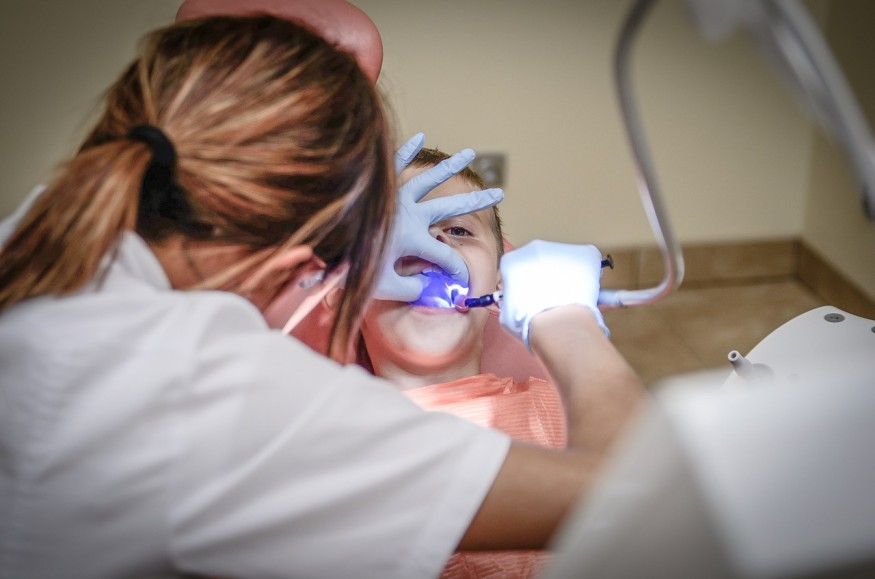During regular dental cleanings, hygienists or dentists usually use ultrasonic scalers to remove plaque buildup, stains, and tartar on teeth. Many people would feel uncomfortable with this, mainly due to the sound of scraping.
But using ultrasonic scalers is part of the process of scaling to clean the teeth, which comes before polishing them. It is a handheld device that scrapes the bacteria from teeth to avoid more serious damage.
Ultrasonic scalers, such as the Luelli Ultrasonic Dental Calculus Plaque Remover, are commonly used by hygienists or dentists. Although some may still use manual scaling.

When Not to Use Ultrasonic Scaler
According to Today's RDH, there are two types of ultrasonic scalers: magnetostrictive and piezoelectric. Basically, the two are effective in removing plaque and dental calculus. However, they differ in how they are used.
For instance, magnetostrictive ultrasonic scalers transfer electrical energy to nickel-iron allow the rod to vibrate the insert. Meanwhile, piezoelectric devices use electrical energy to activate crystals within the instrument to vibrate the tip.
Despite being effective at removing plaques and tartars, there are instances when ultrasonic scalers should not be used regardless of their type. McLoughlin Dental Care advises against using ultrasonic scalers on a patient with a pacemaker. Patients need to inform their dentists first before scaling to avoid any problems.
Additionally, people with sensitive teeth or those whose teeth have only recently erupted should not use an ultrasonic scaler dental instrument. Those who also have teeth that are sensitive to temperature changes may be scaled using manual scalers. Hygienists and dentists regularly check whether the patient is comfortable with the procedure, so there is nothing to worry about.
One of the many ultrasonic scalers out there is Luelli ultrasonic dental calculus remover that uses real ultrasonic technology to remove plaque, dental calculus, and stains on the teeth. They also incorporated LED lights for better visibility when doing the treatment.
An ultrasonic scaler device is a valuable tool for hygienists and dentists to fight disease-causing bacteria that may live in the mouth, which could cause serious health problems if not treated. It provides a more comfortable, shorter, and best clinical outcome for the patient's oral health.
Can Ultrasonic Scaler Damage Teeth?
A 2018 study, titled "Effects of ultrasonic instrumentation on enamel surfaces with various defects," published in the Internal Journal of Dental Hygiene, analyzed enamel damage caused by ultrasonic scalers with various enamel conditions that are difficult to see by the naked eye.
The findings suggest that using ultrasonic scalers in removing plaque and dental calculus could cause further damage to teeth with enamel cracks and other enamel conditions. The study concluded that identifying tooth conditions and dental calculus before the treatment using ultrasonic scalers is necessary to minimize damage.
But that does not mean that ultrasonic scaling is bad for the teeth. But it is advisable to be only conducted by professionals who have sufficient training in using the device. Book a dental cleaning appointment for healthier oral health.
Check out more news and information on Oral Health in Science Times.
© 2026 ScienceTimes.com All rights reserved. Do not reproduce without permission. The window to the world of Science Times.











